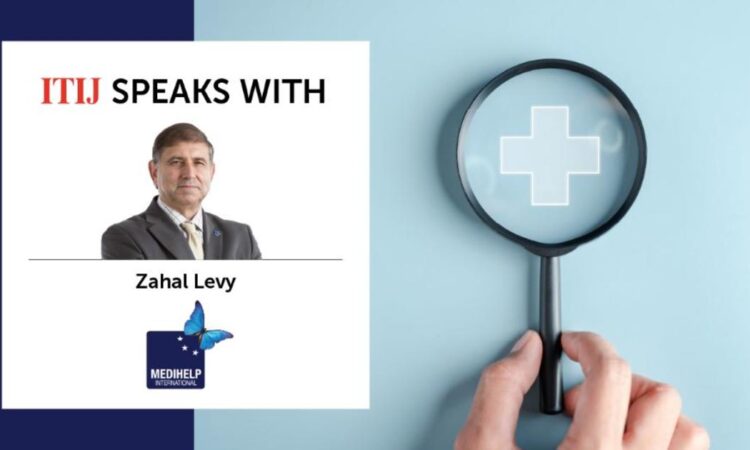
You founded MediHelp International 15 years ago. Why did you decide to enter the health insurance market?
It was obvious that in this region – not only Romania – there was a system of free medical services granted by the government to the entire public equally. It worked in the communist style, but in the post-communist era, that concept became outdated. It no longer worked. Even in the country I come from, Israel – considered to be an advanced state in terms of medical services – our government finds it more and more difficult to grant adequate services to the entire population.
Countries that came out of the era of communist rule – like Romania, Hungary, Bulgaria, Croatia – wanted to continue the idea of free medical care for everybody, but they could not afford it.
Private medical insurance, it seems, could be the missing component, at least for those who can afford it, to be able to go to private medical providers and to be secured for the payment with an insurance plan. This is not a perfect solution for the state, but for sure a big relief for the national health budget.
Speaking of which countries MediHelp is in, what does the company offer these markets?
We offer a very simple package covering A to Z medical care anywhere in Europe and, for an additional premium, anywhere in the world. If you are a policyholder, you don’t need our permission and you don’t need to use a list of providers; you’re free to choose your provider in your country and get top medical care. If there is a problem finding one, you cannot get an appointment or you cannot find that type of service in your country, then you can go to any European Union (EU) country, get medical care and, in all cases, the MediHelp insurance plan will pay for it.
We have a same-day turnaround time. We have a prepaid card for every customer, who can actually use our money to pay the expenses, reducing claims procedure and waiting time.
I think we were the first in the continent to eliminate the claims procedure. Policyholders just pay with our cards, they check, and they send us a photo of the receipt – via WhatsApp, for example – and if the policy is paid and covers that specific medical care that they’re after, we should load your payment card in real time. They can use our money, but they pay the bill, and we finish the claim.
Private medical insurance, it seems, could be the missing component
Looking at the health insurance market as an entity, what developments have you seen over the past 15 years?
What we see is a shift from membership packages with medical providers to low-standard and cheap insurance plans. I am worried to see insurance packages for €300 per year. Honestly, if you just make one telephone call a year to say ‘Good morning, doctor’, and that doctor answers the phone, that already is a cost of €300. How can you cover someone’s yearly medical needs for €300?
I think it is a continuation of trying to suppress the real understanding of the public that they must take responsibility over their health. The state will not do this any more as it used to, and you cannot get an adequate medical solution for €300 per year for anybody in any country. The state or the region doesn’t matter.
After inflation, medical inflation, the rise in technology costs, and the prolongation of living conditions – people live longer and have higher necessities for health – the cost per person for medical care is about to increase and therefore for €200, €300 or €400 per year is a joke. This trend will have to die because it’s not financially viable.
I think what will happen is that the insurance companies will have to help us educate the public. The honeymoon with the state taking care of your health is over. It cannot work and I’m sorry that the governments are not clearly saying this. But we know very well that if the Ministers of Health went to the public and said, ‘We are multiplying your taxes, but we’ll give you excellent medical care’, they will not be in office in two days. I guess there will be no choice but to accept that for proper medical care somebody has to pay the proper allocated amount.






